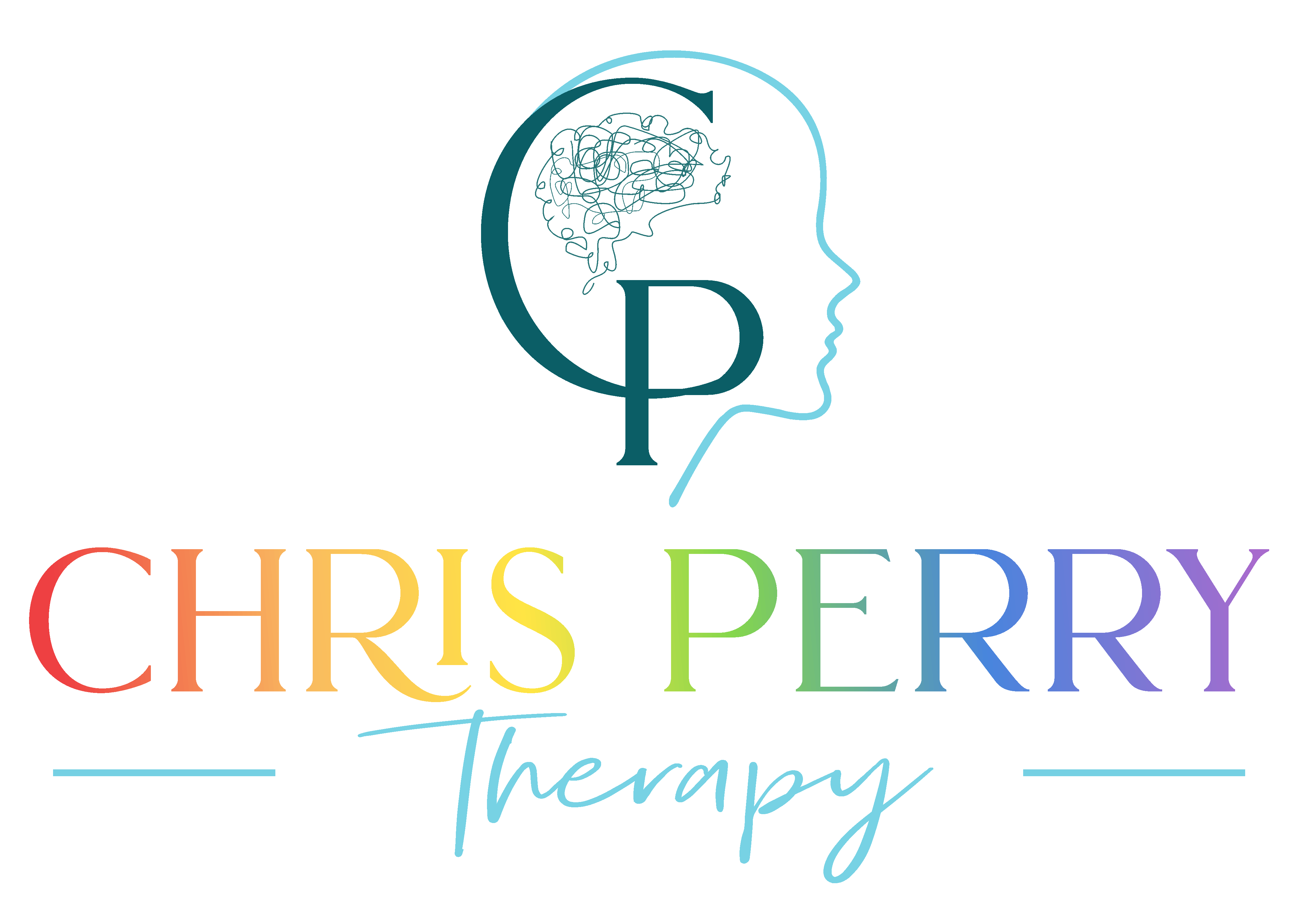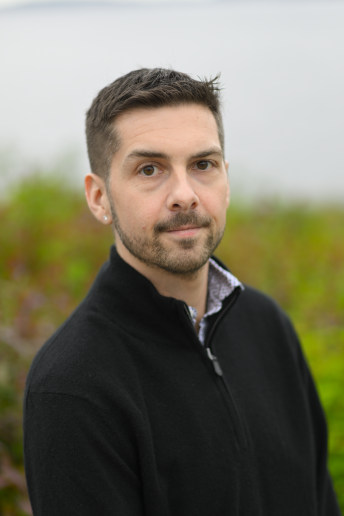I have always been oriented as a helper. I began my journey, formally, with my undergraduate studies in the pre-medical sciences, and then later in the arts and humanities when I studied psychology, gender and women studies, sexuality, and bioethics (a branch of philosophy, looking at ethics within healthcare systems). My graduate degree was obtained at Seattle University, where I got a master’s of arts in psychology. It was there that I studied existential-phenomenological psychology, which is a fancy way of saying that I studied, in depth, what it means to find meaning, to move through life’s biggest issues, to exist as a human in relation with other humans, and what it means to struggle.
I understand struggle. We all have our own histories, and I certainly have mine. I also know that it is possible to reach a level of healing that is conducive to a happy life. I find that I work quite well with issues surrounding gender, sexual identity, and sex – often leading to issues that manifest in anxiety, depression, addiction. We will examine the systems that we exist within that are oppressive, marginalizing, or othering; and, how these systems contribute to daily struggles. We will work toward liberation from these, as much as possible. Together, we will walk a path toward healing and happiness that will be long lasting. In so doing I will draw from the following orientations of thought:
- Somatics, particularly polyvagal theory
- Attachment theory
- Interpersonal neurobiology
- Cognitive behavioral therapy (which can sometimes include exposure an response prevention, often used for the treatment OCD and phobias)
- Dialectical behavioral therapy
- Emotionally focused therapy (for individuals and couples work)
- Internal family systems theory (sometimes called “parts work”)
- Psychodynamics
- Feminism
- Liberation psychology
For more information about how I operate as a therapist, please see the services overview page.



